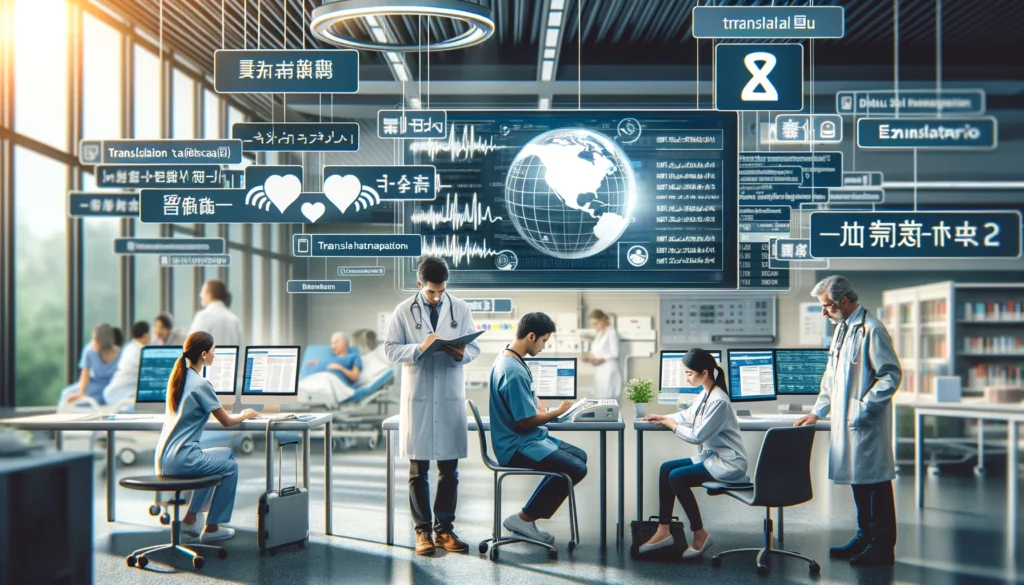Introduction
In the complex world of healthcare, effective communication can be a matter of life and death. It’s a realm where clarity and precision are paramount, and misunderstandings can have dire consequences. Imagine yourself in a foreign country or hospital room where medical staff speak a foreign language – this is when medical translators become heroes, essential in providing translation services and ensuring patients receive the required care.
The Crucial Role of Medical Translators
Translators for medical purposes are experts who work at the crossroads of healthcare and language. Their main goal is to enable effective communication between healthcare professionals and patients who speak various languages. We explore their essential role:
Ensuring Clarity and Understanding
One of the most fundamental aspects of medical translation is ensuring that patients fully comprehend their diagnoses, treatment plans, and medications. Medical jargon can be confusing even for native speakers, and when language barriers are added, the risk of miscommunication multiplies. Medical translators ensure patients understand their conditions and the steps they must take for recovery.
Medical Translation Errors
To minimize the risk of errors in medical translation, it’s essential to work with qualified and experienced translators who specialize in medical translation. Additionally, utilizing translation memory tools and glossaries specific to the medical field can help ensure consistency and accuracy across translations.
Promoting Patient Advocacy
Medical translators advocate for patients who may feel vulnerable due to language barriers. They help patients voice their concerns, ask questions, and provide informed consent. This advocacy role is especially critical in situations where patients need to make crucial decisions about their health.
Facilitating Informed Consent
Informed consent is a fundamental ethical principle in healthcare. It ensures that patients clearly understand their medical procedures and the potential risks involved. Medical translators ensure patients understand their conditions and the steps they must take for recovery.
Improving Healthcare Outcomes
Ultimately, the work of medical translators contributes to better healthcare outcomes. When patients and healthcare providers can communicate effectively, diagnoses are accurate, treatment plans are followed, and recovery is more likely. This benefits individual patients and improves the overall quality of healthcare delivery.
Conclusion
Medical translators are unsung heroes of healthcare who work tirelessly behind the scenes to bridge language gaps and ensure every patient receives the care they require. Their role goes far beyond linguistic translation; it encompasses cultural sensitivity, patient advocacy, and the promotion of informed healthcare decisions. As we navigate an increasingly diverse world, let’s not underestimate the invaluable contribution of these professionals in the pursuit of better healthcare for all. They, indeed, are the lifelines that bridge language gaps in medical communication.

